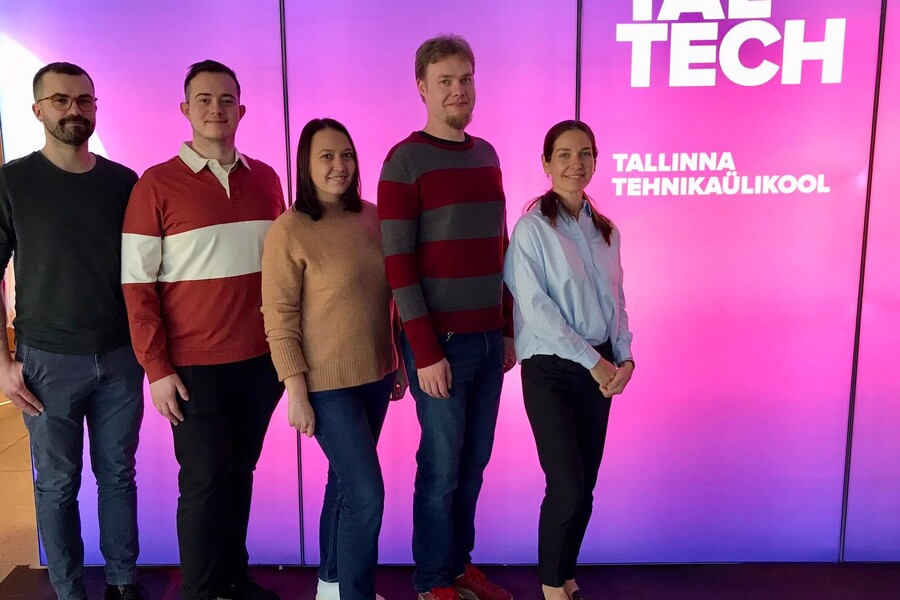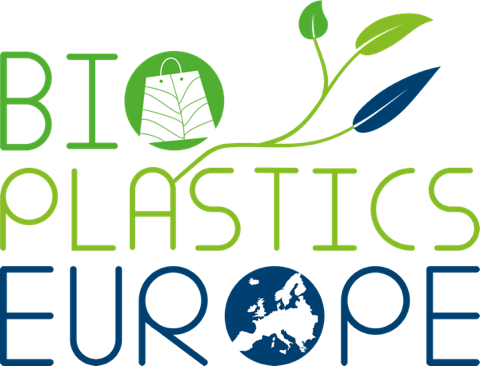Meet our partners: TalTech
In the BIO-PLASTICS EUROPE project the Tallinn University of Technology (TalTech) is represented by a team of scientists from the Water and Environmental Engineering Research Group (WEERG). The WEERG performs research mainly related to surface water quality, treatment of municipal and industrial waste and waste waters, impacts of climate change on hydrological regime and more. Special attention is paid to anaerobic digestion and composting of biodegradable wastes together with sludge from wastewater treatment and with by-products from different processing manufactures with the aim of producing biogas.

The WEERG team consists of the lead project manager Viktoria Voronova (PhD), who has more than 15 years of experience in solid waste management including sludge treatment, life cycle assessment, and environmental management. Viktoria Voronova is actively involved in international and national R&D projects, teaching and academic research. Marija Klõga is the communication and financial manager of the project with a background in sustainable development and water resources management. The scientific team consists of Argo Kuusik (PhD) who is focused on wastewater systems and treatment, including handling and re-use of sewage sludge, landfill leachate water treatment technologies and technologies for biogas production from biodegradable waste. Pavlo Lyshtva is a PhD student who has strong experience in laboratory work and within BIO-PLASTICS EUROPE was doing research on bioplastics compostability. Yaroslav Kobets (PhD student) joined the WEERG team last year to help with implementation of experimental tasks related to WP5. Yaroslav Kobets has a background in Environmental Engineering, and currently is doing research related to environmental technology and pollution control in water systems.
Within the BIO-PLACTICS EUROPE project, the WEERG team was actively involved in WP3 and WP5 tests. Thus, the scientific team was testing the compostability of the novel bioplastic materials under controlled industrial composting conditions. Also, their lab-scale tests included the determination of carbon dioxide produced during aerobic degradation under controlled conditions of humidity 50 ± 5%, oxygen concentration of >6% and temperature of 58 ± 2 °C.


